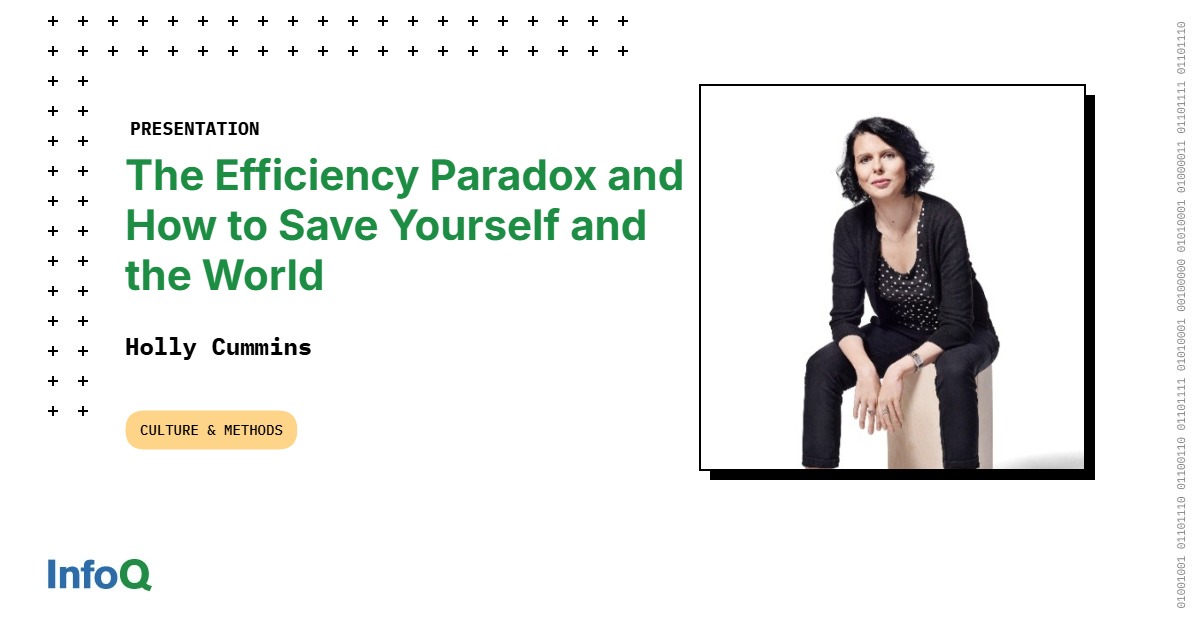In late 2022, Klump, an early-stage Nigerian buy-now-pay-later (BNPL) startup, got a surprise push from one of its investors. A contact connected to that backer suggested they talk to Kenya’s Lipa , which was quietly looking for partners.
On paper, the match seemed ideal. Lipa had just raised $12 million in a pre-Series A round—half equity, half debt—that made it one of East Africa’s rising BNPL names. It had operations in Kenya, Uganda, Rwanda, and had even tried out Nigeria briefly. Flush with fresh capital, it was already in talks with investors about raising a much bigger $25 million round to grow across the continent.
By comparison, Klump was starting. Founded in Lagos in 2021 by Celestine Omin and Olufunbi Falayi, it had secured funding of about $780,000 from Seedcamp, Magic Fund, and a few high-profile African founders from companies like Flutterwave, Jobberman, and Bamboo. It was still tiny, but the pedigree of its backers gave it weight.
An acquisition by Lipa promised a compelling story of an East African BNPL leader teaming up with a Nigerian upstart to cover two of Africa’s biggest fintech markets.
Klump agreed to listen, according to five people with knowledge of the talks who spoke to —including two Klump insiders, a transaction advisor, an investor, and a former Lipa staffer—all of whom requested anonymity to speak freely.
The sources, who followed the talks from beginning to end, claimed Lipa ’s interest in Klump was mainly to make itself look stronger after buying Sky.Garden so that it could raise more money. But the Kenyan startup held back when Klump pushed for documents like financials during due diligence. That lack of openness caused the talks to unravel, they said.
However, Lipa co-founder Eric Muli disputes this version of events. “Klump wasn’t ready for an acquisition at the time,” he told in an emailed response. “They didn’t have a record of a portfolio and had poor financials.”
Nairobi meeting
Most of 2023 was spent on casual calls. A planned Dubai meeting fell through due to visa issues, so in November that year, Klump’s founders travelled to Nairobi. They spent three days working out of Lipa ’s serviced apartment, combing through documents and growth plans. The notes from one of the meetings, seen by , look like the plan was to build a continental BNPL giant, but they also reveal gaps that caused the deal to collapse.
According to the investor, the first issue was valuation. Lipa, once valued at $48 million in 2022, was now ready to accept $30 million. Klump, which had been pegged at $8 million, was revised down to $5 million. Venture capitalists had cooled on BNPL, but the speed of those markdowns raised questions.
“Investors had cooled on BNPL, so the markdown itself was not shocking,” said the investor. “What was worrying was how easily they dropped their own number.”
The first Klump insider and the investor say the Nigerian startup saw it as a red flag. If Lipa was the leader it claimed to be, why slash its valuation so quickly? The former Lipa staffer confirmed that growth had slowed as the talks commenced and the Nigeria unit had already shut down.
“The numbers looked good in our public announcements,” the former staff member said. “But inside, it was harder to tell that story because even on the tech side, we were already compounding issues.”
Muli, however, said the real sticking point came from the Klump side. “They were unable to provide financial reports and couldn’t provide a proper account of the status of their portfolio,” he said, adding that no term sheet was ever signed.
But the people familiar with the talks tell a different story. According to the sources, Klump’s team was more forthcoming during the engagement, sharing details on their portfolio and market plans, while Lipa remained guarded. That gap in transparency, they said, stalled the process before any serious paperwork could be drawn up.
Lofty ambitions
The Nairobi meetings mapped out a three-phase fundraising plan. First, raise $2 million to buy out unhappy investors and keep operations running in Kenya and Nigeria. Then, another $2 million in late 2024 to expand to the US and Canada, repay some debt, and give Klump’s founders some liquidity. Finally, a big $15–20 million Series A by 2025, pitched at a $100 million valuation.
“I believe what we said here is that a combined valuation for the initial $2 million raised would be at $35 million. We still need to figure out what the exact split would be between the entities,” Lipa co-founder Muli commented on the meeting notes on December 6, 2023.
“We should have a combined target valuation of nothing less than $35 million, but I believe if we are aggressive, we can push for a larger combined valuation.”
It looked ambitious, but in reality, shaky, the transaction advisor claimed. Founded in 2018 by Muli and Michael Maina, Lipa set out to make it easier for consumers in Kenya, later in Rwanda and Uganda, to buy goods on credit and pay in installments.
Over the years, it raised about $16.6 million in equity and debt, pitching itself as one of the most notable BNPL players. The company went into administration on March 24, 2025.
The ambition, not backed by financial disclosures from Lipa , deepened doubts, according to the transaction advisor. They said instead of a clear growth strategy, the proposals looked like financial engineering to conceal cracks that were already there but not disclosed. The phased fundraising plan, tied to lofty valuations, was more about buying time than building scale for the two BNPLs.
Muli rejected this view. “This was in 2023 and way before the administration,” he said. “The financial position of the business in 2023 and in March 2025 cannot be compared. Klump was not ready for an acquisition, and we raised over $10 million since the time we were having those conversations.”
Due diligence
Although the startup formally entered administration in March 2025, the cracks had appeared much earlier in 2024, when it repeatedly failed to pay suppliers and staff salaries—including a $13,516 consultancy fee owed to Africa Foresight Group (AFG), which ultimately filed for its insolvency after the dispute ended up in court.
According to the advisor, three separate investors who later reviewed the plan agreed that the numbers didn’t add up.
“The first $2 million was not growth, it was patchwork,” said the advisor. “It felt like the deal was covering up old money problems, which have since come to light.”
The product roadmap also caused tension. Lipa ’s BNPL, SkyGarden marketplace, and PayCloud SME services would remain in Kenya. In Nigeria, Klump’s BNPL brand would survive, but its marketplace, Klump Commerce, would be scrapped in favour of SkyGarden. Even Lasinda, Klump’s wishlist banking tool, was pushed to the far end of the roadmap.
“It was clear whose stack was going to be front and centre,” said the second Klump insider. “It did not seem like a merger of equals when we interrogated it further. It was Lipa absorbing us.”
The bigger expansion story stretched even further—consolidate Nigeria and Kenya in 2024, launch in North America that same year, expand to Ghana, Uganda, and Tanzania in 2025, then into Francophone Africa, Southern Africa, North Africa, Latin America, and MENA in the years after.
Trust in short supply
But for Klump, the real problem was trust. According to the former Lipa staff and the second Klump insider, during one of the engagements in Nairobi, Klump opened its books completely, down to bank statements. Lipa kept promising to supply the full documents, but never did.
“That’s when the talks started crumbling,” said the Klump insider.
However, Muli framed the collapse differently: “Klump wasn’t ready for an acquisition at the time. They had decent tech, but lived in the US and couldn’t provide financial documents.”
The follow-up calls fizzled by the start of 2024, and Klump walked away.
By mid-2024, worries that caused the deal to collapse had been confirmed. The $25 million Series A never came through. Nigeria had long been shut down. In Kenya, transactions were thinning and BNPL was losing steam. By the end of the year, Lipa was sliding into administration, and creditors were filing for insolvency.
“This was due diligence doing its job,” said the investor. “I can tell you not every big offer is a good business. And in this market, you cannot afford to make the wrong bet, especially when starting out.”
Since March 2025, Lipa has been under administration, with Joy Vipinchandra Bhatt of Moore JVB Consulting in charge. It is still not clear what would happen next. Engage Capital has put $24.5 million on the table for its licences, loan book, and tech, while the company is also seeking a $5 million financing deal from UK-based Africa Global Capital.
The outcome of the administration process could decide whether the startup’s BNPL promise gets a second chance or fades out.
Mark your calendars! Moonshot by is back in Lagos on October 15–16! Meet and learn from Africa’s top founders, creatives & tech leaders for 2 days of keynotes, mixers & future-forward ideas. Get your tickets now: moonshot..com











